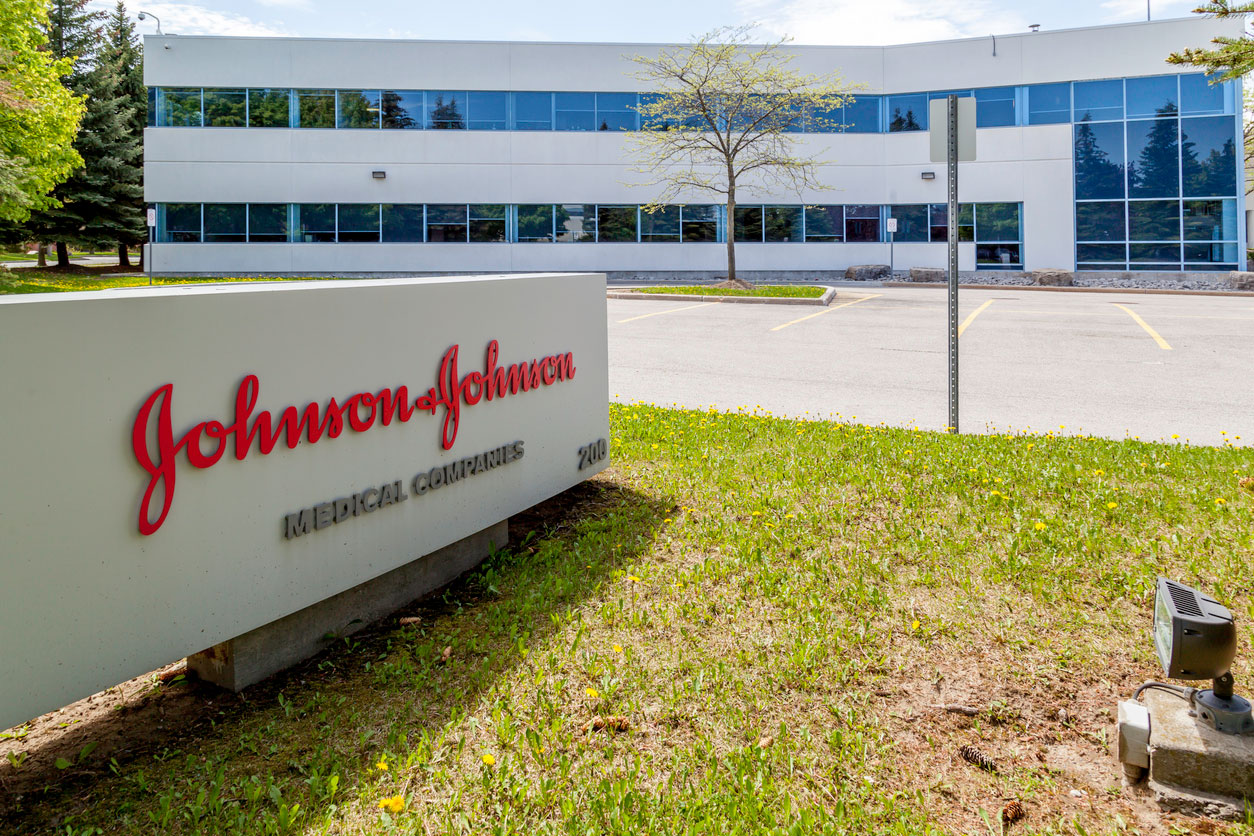A judge in Oklahoma on Monday ruled that Johnson & Johnson had intentionally played down the dangers and oversold the benefits of opioids, and ordered it to pay the state $572 million in the first trial of a drug manufacturer for the destruction wrought by prescription painkillers.
The amount fell far short of the $17 billion judgment that Oklahoma had sought to pay for addiction treatment, drug courts and other services it said it would need over the next 20 years to repair the damage done by the opioid epidemic.
Still, the decision, by Judge Thad Balkman of Cleveland county district court, heartened lawyers representing states and cities — plaintiffs in many of the more than 2,000 opioid lawsuits pending across the country — who are pursuing a legal strategy similar to Oklahoma’s. His finding that Johnson & Johnson had breached the state’s “public nuisance” law was a significant aspect of his order.
Judge Balkman was harsh in his assessment of a company that has built its reputation as a responsible and family-friendly maker of soap, baby powder and Band-Aids.
In his ruling, he wrote that Johnson & Johnson had promulgated “false, misleading, and dangerous marketing campaigns” that had “caused exponentially increasing rates of addiction, overdose deaths” and babies born exposed to opioids.
Sabrina Strong, a lawyer for Johnson & Johnson, one the world’s biggest health care companies, said, “We have many strong grounds for appeal and we intend to pursue those vigorously.”
Johnson & Johnson, which contracted with poppy growers in Tasmania, supplied 60 per cent of the opiate ingredients that drug companies used for opioids like oxycodone, the state argued, and aggressively marketed opioids to doctors and patients as safe and effective. A Johnson & Johnson subsidiary, Janssen Pharmaceuticals, made its own opioids — a pill whose rights it sold in 2015, and a fentanyl patch that it still produces.
Judge Balkman said the $572 million judgment could pay for a year’s worth of services needed to combat the epidemic in Oklahoma.
“We would have liked to walk out of here with $17 billion, but we’ve been able to put together a billion dollars,” Oklahoma’s attorney-general, Mike Hunter, said at a news conference on Monday. He was referring to the cumulative amount from the Johnson & Johnson judgment and previous settlements with two other drug manufacturers that produce opioids.
Earlier this year, Purdue Pharma and Teva Pharmaceuticals agreed to pay $270 million and $85 million, respectively.
As a consequence of the settlements, Oklahoma faced the steep climb of pinning the blame for its opioid crisis mainly on just one defendant.
“We’ve shown that J&J was at the root cause of this opioid crisis,” said Brad Beckworth, the lead attorney for the state.
“It made billions of dollars from it over a 20-year period. They’ve always denied responsibility and yet at the same time they say they want to make a difference in solving this problem. So do the right thing: Come in here, pay the judgment.”
The case was also closely watched by some two dozen opioid makers, distributors and retailers that face more than 2,000 similar lawsuits around the country.
Also on Monday, the health news website STAT said that the Kentucky Supreme Court let stand an earlier ruling to release documents related to Purdue Pharma’s marketing of the opioid OxyContin. STAT had filed a motion in March 2016 to unseal the documents.
In a statement about the Oklahoma case, Michael Ullmann, the general counsel and executive vice-president of Johnson & Johnson, referring to the company’s pharmaceutical subsidiary, said that “Janssen did not cause the opioid crisis in Oklahoma, and neither the facts nor the law support this outcome.
“We recognise the opioid crisis is a tremendously complex public health issue,” he said, “and we have deep sympathy for everyone affected.”

